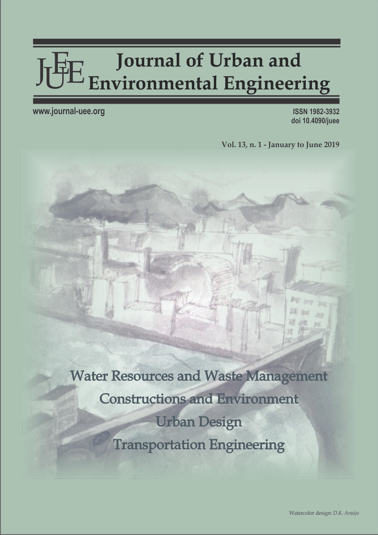IMPROVING OF URBAN PUBLIC TRANSPORTATION QUALITY VIA OPERATOR SCHEDULE OPTIMIZATION
DOI:
https://doi.org/10.4090/juee.2019.v13n1.23-33Keywords:
Passenger transport, transport process, driver’s state, idle timeAbstract
The functioning of passenger transport systems should provide necessary quality of passenger service. The results of this research have shown possibility to increase the quality of urban public transport via influence on the driver’s state due to the rational schedule planning. The state change patterns of drivers during the idle time on the final and intermediate bus stops were formalized, based on field observations. The following conclusion was made: decreasing of driver’s body stress takes place during the idle time on the route stops. The intensity of decreasing of driver’s body stress is inversely proportional to the meaning of activity index of driver’s regulatory systems before the start of standing time. Consequently, the duration of idle time must be differentiated depending on the value of the indicator of activity of driver’s regulatory systems before the start of standing time, which is influenced by the working conditions. ECG method was used for assessing driver’s fatigue in elements of transportation process. Comparative analysis of driver’s state changes during the different types of idle time shows the comparability of the results of the study. Transportation management experts can use the research results in urban transport schedule planning and monitoring.Downloads
Download data is not yet available.
Downloads
Published
2019-10-05
Issue
Section
Articles




